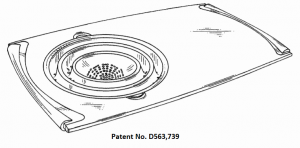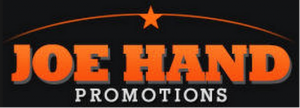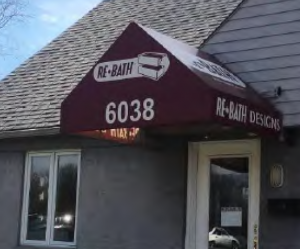Indianapolis, Indiana – Attorney Richard Bell of McCordsville, Indiana filed suit in the Southern District of Indiana alleging that Defendant, Leapgo, Inc. infringed its rights to the “Indianapolis Photo” registered on August 4, 2011 with the US Copyright Office, Registration No. VA0001785115. Plaintiff is seeking actual and statutory damages, attorneys’ fees, and any other relief as is just and proper.
Defendant, Leapgo, Inc. infringed its rights to the “Indianapolis Photo” registered on August 4, 2011 with the US Copyright Office, Registration No. VA0001785115. Plaintiff is seeking actual and statutory damages, attorneys’ fees, and any other relief as is just and proper.
Bell is notorious for suing over his copyrighted photo, having filed dozens of previous lawsuits against a variety of defendants across the country. In March 2000, Bell took a photo of the Indianapolis skyline, and has published it or licensed it for publication since that time. He registered the copyright for the photo in 2011. Additionally, Plaintiff uses the photo to promote his photography business.










